Posted on 4/29/2023
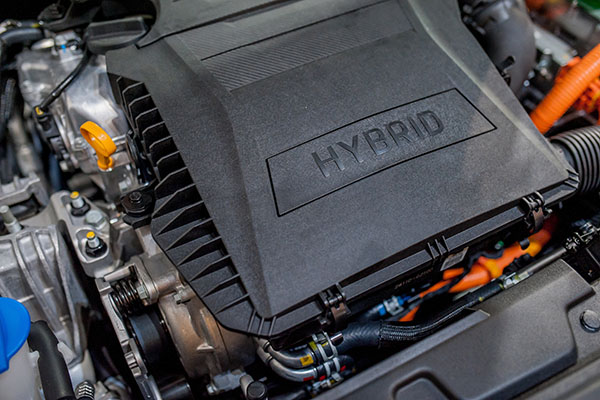
In today's world, the demand for eco-friendly and fuel-efficient transportation is on the rise. Hybrid vehicles have emerged as a popular solution, combining the benefits of both gasoline engines and electric motors. These innovative machines offer improved fuel economy, reduced emissions, and an overall greener driving experience. But have you ever wondered how hybrid vehicles work and what sets them apart from conventional cars? Let's dive into the fascinating world of hybrid technology and explore the inner workings of these cutting-edge vehicles. The First Hybrid Vehicle: A Glimpse into the Past To truly appreciate the advancements in hybrid technology, we must first acknowledge the humble beginnings of the first hybrid vehicle. The history of hybrid cars can be traced back to the late 19th century when Dr. Ferdinand Porsche developed the Lohner-Porsche Mixte Hybrid in 1900. This groundbreaking invention featured a gasoline engine powering a generator, wh ... read more
Posted on 3/27/2023
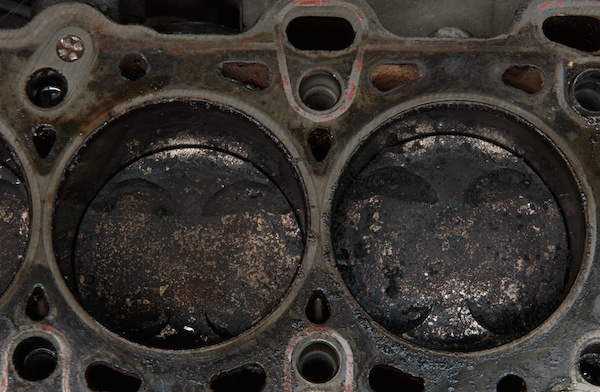
A head gasket is a vital component of the engine that seals the cylinder head to the engine block. It ensures that there is no leakage of coolant, engine oil, or exhaust gases from the combustion chamber. A blown head gasket is a huge problem that can cause a great deal of damage to the engine if left unaddressed. Top Signs of a Blown Head Gasket Overheating engine: The most common symptom of a blown head gasket is an overheating engine. The engine temperature gauge will rise quickly, and the engine may start to smoke or emit steam from the exhaust. White smoke from the exhaust: A blown head gasket can cause coolant to leak into the combustion chamber, resulting in white smoke coming from the exhaust pipe. Milky oil: Coolant can also mix with engine oil, resulting in a milky appearance. We recommend that you check the oil dipstick to see if there is a creamy substance on it. Loss of engine power: The engine ... read more
Posted on 2/27/2023
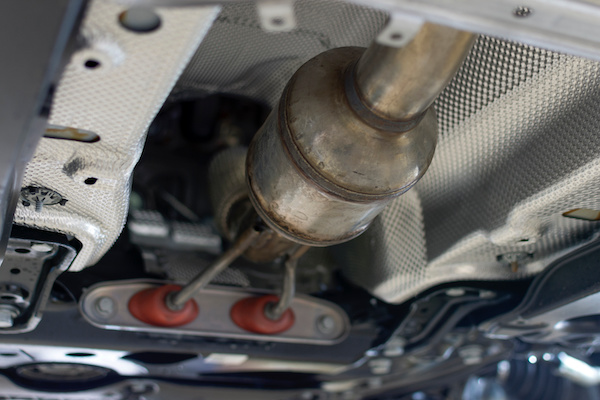
What is a catalytic converter, and how can you tell if it's dysfunctional? A catalytic converter is one of your car's most important resources, reducing emissions and pollution. Located in the exhaust chamber, it is filled with a platinum/palladium mixture and converts harmful emissions into non-harmful gasses. There are five ways you can tell if your catalytic converter isn't working correctly: Your engine will perform more poorly. Because it is built into the exhaust system which corresponds systemically with your engine, if it is faulty, you will notice lower power or acceleration. In addition, as is expected with a car component that should increase fuel economy, you may notice a reduction of this feature. You may hear a very distinct rattling noise coming from the underside of your vehicle. This is usually caused by internal damage over time from over-rich fuel mixtures, which can cause the meshes inside the converter to collapse or break. The rattle will be most ob ... read more
Posted on 1/30/2023
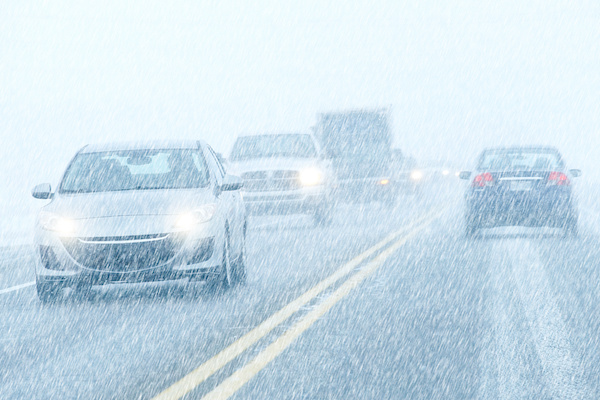
As the cold winter weather comes through Hanover Park, IL, it is important to ensure your car, SUV, van, or truck is prepared to fight against winter’s harsh impacts. We understand that your top priority is to be safe and have a reliable mode of transportation this season. That is why the team at Kamphaus Auto Care has compiled a list of all the maintenance you will need to keep your car running in tip-top shape this time of year. Auto Maintenance Checklist for the Cold & Harsh Winter Battery – Your car battery should be tested to determine if it is sufficiently charged, at or above 12.4 volts. The physical appearance of the battery should be free of corrosion, and its cables should be fastened and secured. Additionally, the battery case should not look swollen or damaged in any way. Otherwise, you will need to replace the battery to avoid trouble. Auto Fluids – Vehicles run on various essential fluids, including engine oil, transmission ... read more
Posted on 12/30/2022
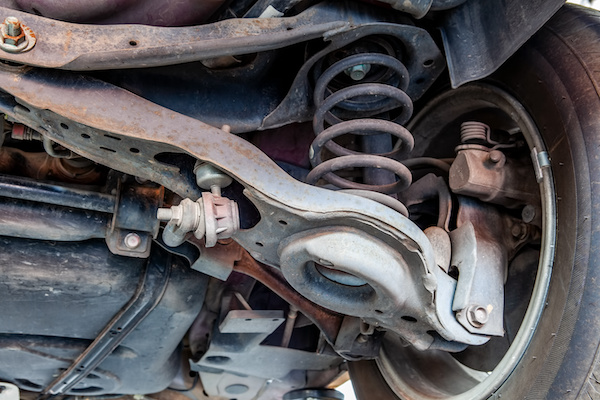
A bouncy commute may sound silly, but it signifies danger for you and your vehicle. If you notice that your car is feeling unstable or shaky, your first instinct should be to take it to a certified mechanic immediately. While you can look for clues of where the problem is coming from, a professional can pinpoint the exact problem. Below are three areas of your car that may be where the shakiness stems from: Tires Your tires are indeed the only part of your car that makes contact with the ground, so you can imagine how important they are to the comfortability and stability of your drive. Unfortunately, they can be the reason why your car may be bouncing; if your tires are not attached tight enough, overinflated, or misaligned, you will feel this trembling. Steering System The steering system allows you to have easy and controlled turns. If you notice an uneasy feeling only occurring whenever you turn the steering wheel, your steering system is probably the culprit. Bushings can cau ... read more
Posted on 11/28/2022

Now that November is near its end, we all have Christmas to look forward to. You may be looking at buying a real Christmas tree this year, but the number one concern that most people have is transporting the tree to their homes. If you are contemplating this purchase, go right ahead. Transporting it is not as tough or dangerous as it looks as long as you follow some of the key tips. Tip #1: Choose the Right Kind of Car Typically, we recommend using a vehicle with a roof rack. A bigger automobile like an SUV or truck is best for a means of safe transport. Tip #2: Bring Supplies There are several items that you’ll need to secure the tree. First off, you should bring a tarp or blanket to lay the tree on. This will prevent scratches and other kinds of damage to your car. Additionally, you will need rope, straps, or some kind of cord to secure the tree. Tip #3: Wrap the Tree You must wrap the tree in netting before you put it on your car. Then spread the tarp or blank on ... read more
Posted on 10/27/2022
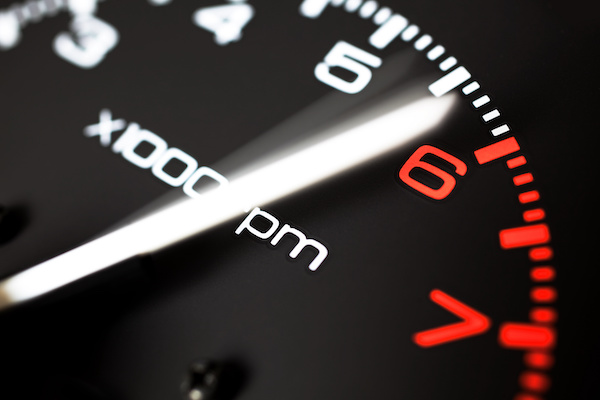
It is a familiar acronym on every vehicle gauge--RPM. Yet, do we really understand what these three letters really mean when breaking it down? Let's break it down word by word. RPM is the acronym for "revolutions per minute". It's the way we measure at what speed our vehicle's motor is turning. The more RPMs the motor has, translates into increased power. How Do I Mnow My Motor's RPM is Running at the Average? When driving a passenger car at cruising speed 62 mph on a highway, the RPMs should be 1500rpm to 2000rpm. If you have a diesel motor, it should be idling around 750 rpm. Yet, when in 6th gear at 68 miles per hour, the rpm's should be around 2000. Typical petrol using vehicles on the road today get to 6000 rpm when revving out. A Formula One V6 motor revs to 15,000rpm, with high speeds getting up to 217 mph and 1000 horsepower! How RPM Affects Fuel Cost With gas prices at the highest ever, every driver wants to do their part to save fuel c ... read more
Posted on 9/28/2022
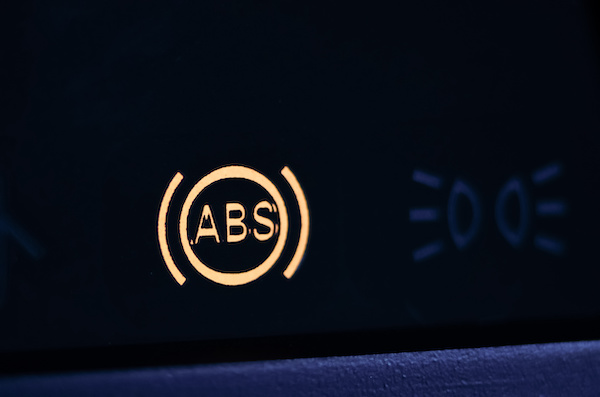
Any dashboard warning light can cause the average driver to panic or stress. One light that is quite concerning is the ABS light, which is a symbol intended to warn you of one or more problems with your braking system or anti-lock braking system (ABS). Fortunately, you can count on the automotive experts at Kamphaus Auto Care for all your brake system needs. Every car on the road nowadays has a traction control system or ABS. It consists of a series of sensors that communicate with your vehicle’s computer. The sensors read your wheel’s speeds and send the speed and other information. When your vehicle is unstable in slippery conditions, like rain or snow, it will trigger the warning light to come on. Typically, the ABS signal is easiest to read and displays the letters ABS in some way. While the above scenario is the most common, the ABS light can come on for other reasons. Your ABS light may be an indication that your vehicle is low on brake fluid ... read more
Posted on 8/29/2022
.jpeg)
The sound of a struggling engine starting, or sometimes referred to as engine cranking, can be dramatic and stressful to hear. In most cases, it means you have a dead battery. If your motor vehicle can’t start up, the first place people often check is their batter. Car batteries in gas-powered vehicles aren’t made to last forever. More inconveniently, they tend to die from the heat of summer. So if you want to prevent yours from giving out this season, make sure you follow these helpful tips below: Park your vehicle in parking garages and/or in the shade. Heat is your car battery’s #1 enemy. It accelerates corrosion and makes your battery work harder than necessary. If you want to protect your battery, please prevent your car from sitting in direct sunlight for too long. Regularly test your battery. This is especially vital if you have a long drive or road to take. If it has been a minute since your last professional battery service or inspection, we welcome you to ... read more
Posted on 7/25/2022
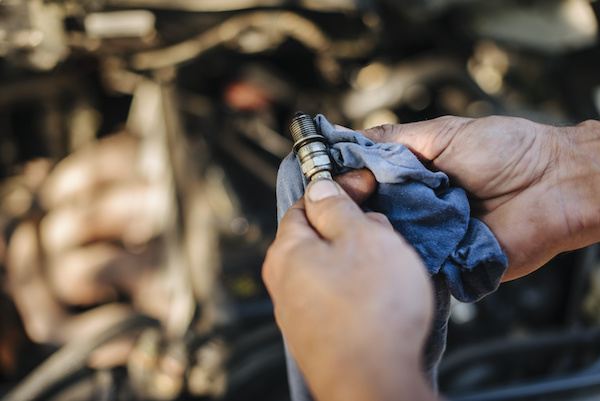
Owning a car requires some background knowledge on how your machine functions. If your vehicle starts malfunctioning or giving you trouble, it is easier when you have a rough idea of what the problem might be. If you are suspecting that your spark plug is not working as it should, here are some signs to look out for on your way to the garage. Symptoms of a failing spark plug Spark plugs are one of the most import parts of a car since they are used to light up the combustion chamber. Here, the fuel mixes with air to facilitate locomotion. If it does not work, here is what to expect; Difficulty in starting the car Your sparks may be worn out if igniting your vehicle has become problematic. It becomes challenging to start your car when your plugs aren't generating a sustained spark to initiate the complete combustion. At the first hint of issues with starting your car, it is a smart idea to have a specialist inspect it. Unstable idling Your engine will sound steady and smooth if ... read more